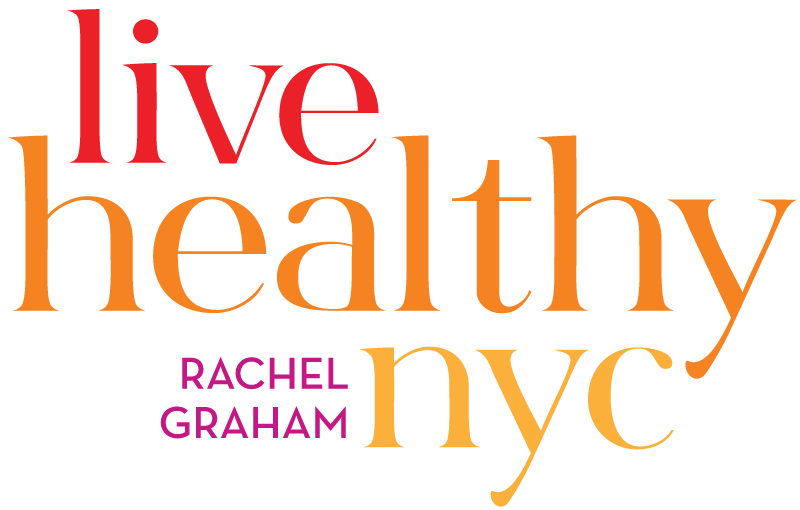As the days turn into months (wow, have we already been sheltering in for at least a month!), the buds on the trees start to bloom and I see peaks of flowers popping up from the ground. I have a love/hate relationship with springtime and it’s just based on my watery eyes, itchy throat, coughing and sneezing. And during this exact time when COVID-19 is all anyone talks about, I have to admit I keep cross referencing the various medical journals to make absolutely sure it’s allergies. And so, if you are like me and share in seasonal allergies, there are things we can do to help manage these annoying symptoms and enjoy the beauty that nature provides during this time of year.
Take allergy medication- there is relief for us who suffer (just be sure to consult with your doctor first). And luckily, pharmacies are essential business so they are OPEN!
Exercise- Getting regular exercise and physical activity can help reduce your allergic reactions. And in moderation, exercise is not harmful to people who have allergies; it, of course, also boasts many other health benefits. Exercising indoors during peak allergy times is also a way to reap some of the health benefits. And since the gyms are all closed for now, there are many ways to exercise online. Core Power Yoga. Sixteen hour-long yoga classes, plus four meditations, on its website.
Echelon and Peloton. Both apps offer a wide variety of live and on-demand classes (yoga, dance, core, Pilates) in addition to the in-home Spin classes they’re known for. Both apps are free for 90 days. Barre3 and The Bar Method. The ballet-meets-yoga-meets-Pilates classes are free for 15 days. Daily Burn and Gold’s Gym. Miss gym classes? Try a 60-day free trial of the Daily Burn’s sleek at-home classes, with a variety of specialties such as postnatal. Or hit the 600 audio and video classes on the Gold’s Amp app, which is free until May 31.
Eat healthy foods- Adding certain foods to your diet could actually help relieve symptoms like the nose-dripping and eye-watering. From reducing inflammation to boosting the immune system, there are a number of dietary choices that may help mitigate the miseries of seasonal allergies. Here are a few to add to your diet:
Ginger- ginger can help reduce inflammatory issues like swelling and irritation in the nasal passages, eyes, and throat.
Citrus fruits- Yes, it’s an old wives tale that vitamin C prevents the common cold. But it may help shorten the duration of a cold and offer benefits for allergy sufferers. Eating foods high in vitamin C has been shown to decrease allergic rhinitis, the irritation of the upper respiratory tract caused by pollen from blooming plants. So during this allergy season, I freely load up on high-vitamin C citrus fruits like oranges, grapefruit, lemons, limes, sweet peppers, and berries.
Salmon and other fatty fish- Yeah! Another reason for me to eat one of my favorite foods! There’s some evidence that the omega-3 fatty acids from fish could bolster your allergy resistance and for those of you who suffer from asthma, it can help you too. So get your fatty acids by eating low mercury “fatty” fish like salmon, mackerel, sardines, and tuna.
Turmeric- Turmeric can be taken in pills, as an extract, as a tea and of course, eaten in foods. Turmeric is well-known as an anti-inflammatory powerhouse for a good reason. Its active ingredient, curcumin, has been linked to reduced symptoms of many inflammation-driven diseases.
Bee Pollen- Bee pollen in its natural form comes as small, crunchy pellets. You can add it to foods like yogurt, oatmeal, or smoothies. It can be ground down as a supplement powder or into a capsule. Bee pollen can have anti-inflammatory, antifungal, and antimicrobial, properties in the body. And it can be found in health food stores as well as your local farmers markets.
Stay safe and healthy and as always, I am here for you!

